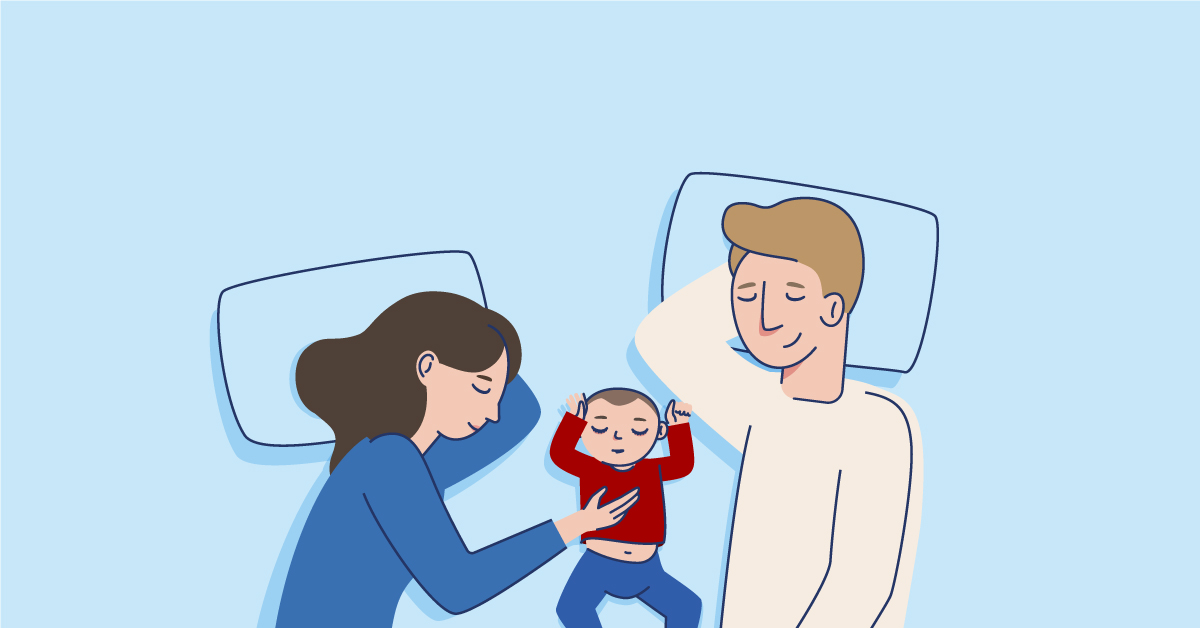Why You Need a Good Night's Sleep

We spend approximately one-third of our lives sleeping. Why? Because our bodies need sleep to function during our waking hours. Sleep helps you feel rested and affects both your mental and physical health. And yet, almost half the population doesn’t get enough sleep. 40% of adults report sleeping less than the recommended 7 to 8 hours a night. The American sleep problem is so bad, the CDC refers to it as “a public health epidemic.”
When you sleep, your brain and body don’t just shut down for the night. Your internal organs and processes are hard at work. Dr. Merrill Mitler, sleep expert and neuroscientist at the National Institutes of Health, puts it this way: “Sleep services all aspects of our body in one way or another: molecular, energy balance, as well as intellectual function, alertness and mood.”
Sleep helps you think more clearly, have quicker reflexes and better focus. Loss of sleep impairs problem-solving and reasoning. You can’t function at your best when you’re tired. Studies have shown that tired people tend to be less productive at work and have a higher rate of traffic accidents. Lack of sleep also influences your mood and how you interact with others. Over time, a continued sleep deficit can even lead to depression.
Sleep also affects almost every tissue in our bodies – not just our brains. “It affects growth and stress hormones, our immune system, appetite, breathing, blood pressure and cardiovascular health,” according to Dr. Mitler. Research shows that lack of sleep increases the risk for heart disease, obesity and infections.
Throughout the night, while you are sleeping, your heart rate, breathing rate and blood pressure rise and fall, a process that may be important for cardiovascular health. Your body also releases hormones during sleep that help repair cells and control the body’s use of energy. These hormone changes can affect your body weight as well. Dr. Mitler also advises that “ongoing research shows a lack of sleep can produce diabetic-like conditions in otherwise healthy people.”
Like eating well and getting enough exercise, sleeping 7 to 8 hours a night is critical to our health. Here are some healthy sleep habits to help you get a better night’s sleep:
Set a consistent sleep schedule. Go to bed and wake up at the same time every day – even on weekends.
Create regular, relaxing bedtime rituals. These are meant to calm your mind and body and signal your brain that it’s time to go to sleep.
Get regular exercise. If exercising is too stimulating for you, make sure you do so in the morning.
Keep a healthy diet and don’t eat heavy meals in the evening.
Avoid alcohol and nicotine.
Don’t consume any caffeine at least 6 hours before bedtime.
Use your bedroom for sleep only. If you can’t sleep, go into another room and do something relaxing until you feel tired.
Talk to your doctor about any ongoing sleep problems you may be having.

